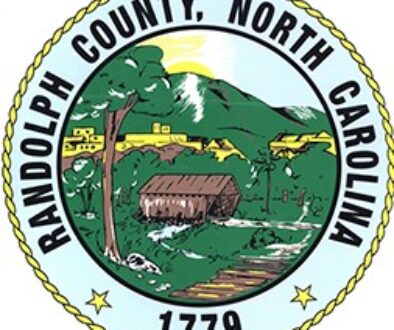Commissioners approve fee schedule for agriculture center’s commercial kitchen use
ASHEBORO — The Randolph County Board of Commissioners approved the agricultural center’s commercial kitchen fee schedule, which includes a $50 one-time application fee and a $12 per hour base rate for use of the kitchen, during a meeting earlier this month.
“These rates and fees keep the space accessible for our intended audience,” said Taylor Wright, agricultural center coordinator. “The goal of this shared-use commercial kitchen facility is to allow renters to create, grow and expand their food business. So whether that’s a hobbyist who likes to bake bread on the weekends or a food entrepreneur who is starting their own business, this facility has been designed intentionally to cater to those individuals.”
Those interested in using the space will be required to do onboarding/orientation as well as receive food handler certification through either Safe Plates or ServSafe.
The center has two separate spaces, both equipped with commercial-grade equipment and separate ventilation and HVAC to prevent cross-contamination, a walk-in cooler and freezer, as well as dry storage spaces that are available to rent.
Since the facility is considered high-risk, it is also inspected by the NCDA and Randolph County Environmental Health.
“If someone wants to have food items that they sell out of their home, then they have to completely set their kitchen up for that,” commissioner Hope Haywood said. “So for somebody who’s looking at testing the waters, starting with a product that they would like to sell, I think this is an amazing opportunity.”
Great Oak Landfill program moves forward
The board also approved entering into a 60-day due diligence period with Waga Energy for potentially establishing a renewable natural gas program at the Great Oak Landfill.
While the county contracted with Waste Management of Carolinas to operate the landfill, Randolph County retained the rights to gases generated by the facility.
Presently, the landfill produces methane-rich landfill gas which is being burned off to meet EPA standards, but the volume has become enough where it can be monetized if converted into a renewable energy source.
 Twitter
Twitter Facebook
Facebook Instagram
Instagram


